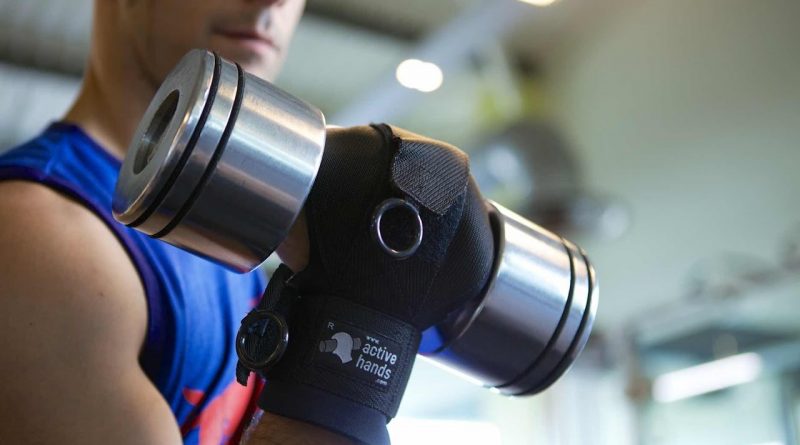Building the psychological strength of people with physical disabilities
This chapter examines sport and disability and reviews recent research on disability, social activism, and sport. It examines disability in relation to physical activity, examines psychological and physical barriers to participation and examines current disability/fitness research and what it means for future practice. It also looks at sports teams’ strategies for inclusion and discusses ways that people with disabilities can benefit from participation in sport. Finally, the chapter discusses some case studies highlighting people with disabilities who have made a successful living by playing sport. The last section of the chapter examines some case studies of disabled people who have won Olympic gold or silver in sports. It concludes that their goal was achieved by overcoming physical obstacles.
Building the psychological strength of people with physical disabilities

Physical Activity for Disable is a useful book for any person who has been told that they need to be fit to be happy, or to participate meaningfully in society. It is hoped that disabled people will enjoy sport more if they have an accessible and inclusive environment. The two main barriers that disable people face when playing sport are low intensity and limited equipment choices. This book will help you to use sport to meet your social needs. It focuses on the needs of disabled disability services vic rather than stereotypes that may govern other sport participation.
Building the psychological strength of people with physical disabilities
The book clearly states that physical activity should be accessible. When designing recreational activities and equipment, particular care has been given to people with disabilities (e.g., wheelchair users) and those with sensory processing disorders. Accessing wheelchair spaces with stairlifts has been recognized as an essential feature for disabled users. The authors correctly claim that equipment has been designed for disabled users for a long time.
Building the psychological strength of people with physical disabilities
The second part of this article continued to discuss the use and care of equipment by the disabled. This movement is important for both occupational and physical therapists. The government has made significant investments over the last few years in providing places that allow physical therapists to perform their work. This has created a boom and demanded qualified Mount Waverly NDIS to assist in developing prostheses for the blind. Many institutions of higher education have created scholarships for individuals with disabilities.
Building the psychological strength of people with physical disabilities
A third key aspect of the Mental Fitness described is a need for developing improved relationships between people with physical disabilities and those who do not. It is clear that the lack of social contact can lead to negative emotional responses in those who experience them. Social interaction can help avoid emotional problems like depression and self harm. Mental health services can be more successful by improving their interpersonal relationships.
Sport has also been proven to be beneficial for the mental well-being and mental health of individuals with disabilities. Physical activity has proved to be an effective way of dealing with and overcoming physical disabilities. This is not just relevant at work, but also in the community. Local community boards and other organizations often support sports. By following sporting opportunities people can build up a sense of self worth and confidence in themselves that will benefit their general wellbeing.

